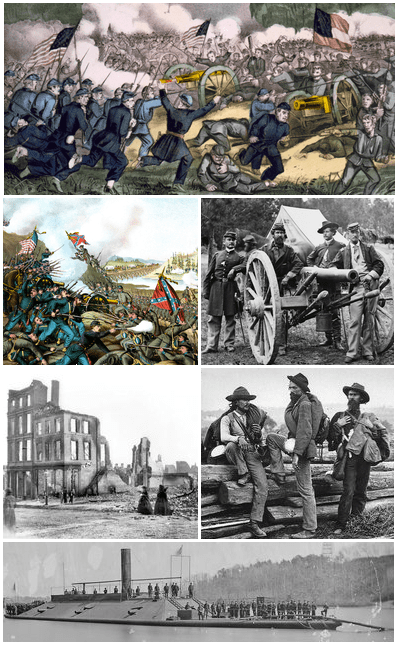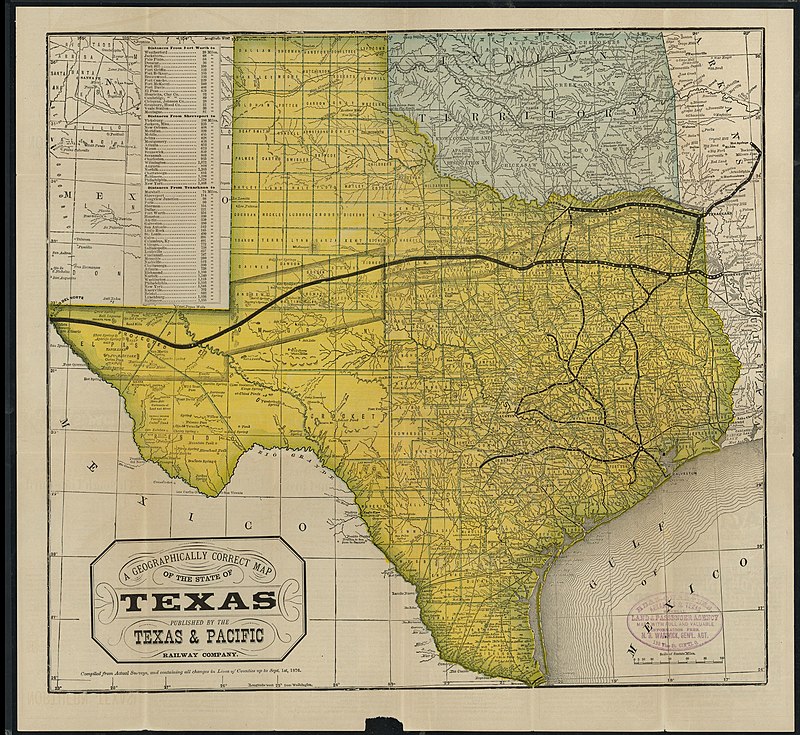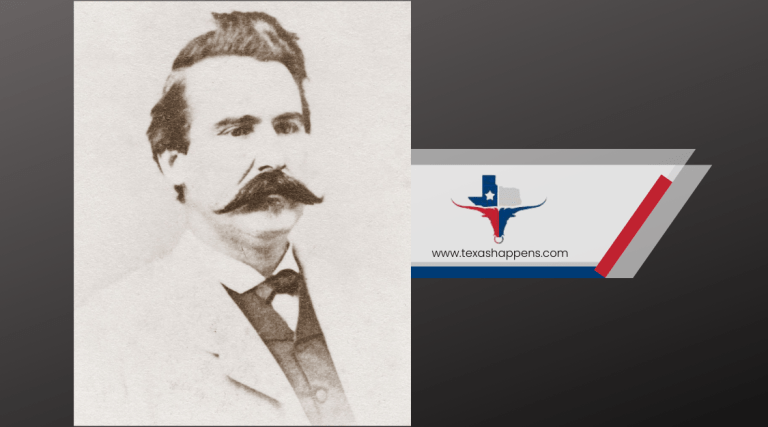Alexander W. Terrell is a name synonymous with dedication, intelligence, and public service. A distinguished lawyer, seasoned politician, and accomplished diplomat, Terrell made significant contributions to American society during the 19th and early 20th centuries. His career spanned numerous fields, reflecting his versatility and commitment to improving the lives of his fellow citizens.
Early Life and Education

Alexander Watkins Terrell was born on November 23, 1827, in Patrick County, Virginia. His early years were marked by a strong family influence, with his father, Christopher Terrell, being a distinguished lawyer and judge. This familial background instilled in young Alexander a deep appreciation for the law and public service. The Terrell family relocated to Missouri in 1831, where Alexander would spend much of his formative years.
Terrell’s education laid the foundation for his future successes. He attended the University of Missouri, where he studied law. His academic achievements were complemented by his inherent curiosity and intellectual rigor. After graduating, Terrell embarked on a legal career that would soon establish him as a formidable figure in the legal community.
Legal Career
Alexander Terrell’s legal career began in earnest when he was admitted to the bar in 1849. He initially practiced law in St. Joseph, Missouri, but his ambitions soon led him to Texas, where he would leave an indelible mark on the state’s legal landscape. Settling in Austin in 1852, Terrell quickly gained a reputation as a skilled attorney known for his eloquence and analytical prowess.
Terrell’s legal expertise extended across various domains, including criminal law, civil rights, and property law. His ability to navigate complex legal issues and present compelling arguments earned him respect among his peers and clients. One of his notable cases involved representing the interests of the Texas Pacific Railroad, which underscored his proficiency in corporate law and his commitment to advancing infrastructure development in Texas.
Political Involvement
Terrell’s legal acumen naturally led him to political involvement. He was elected to the Texas House of Representatives in 1857, marking the beginning of his long and influential political career. As a legislator, Terrell championed causes that reflected his commitment to justice and progress. He advocated for educational reforms, infrastructure development, and the protection of individual rights.
The outbreak of the Civil War in 1861 saw Terrell’s dedication to the Confederacy. He served as a colonel in the Confederate Army, leading the 37th Texas Cavalry Regiment. His military service, while marked by the complexities and controversies of the era, demonstrated his unwavering loyalty to his state and his willingness to defend its interests.
After the war, Terrell resumed his legal practice and continued to engage in politics. He was elected to the Texas Senate in 1876, where he played a pivotal role in shaping state legislation. His efforts were instrumental in the passage of laws that promoted economic growth, public education, and legal reforms. Terrell’s legislative achievements underscored his commitment to building a prosperous and just society.
Diplomatic Missions

While Terrell’s contributions to the legal and political realms were significant, his diplomatic endeavors added another layer to his distinguished career. In 1893, President Grover Cleveland appointed Terrell as the United States Minister to the Ottoman Empire. This appointment was a testament to Terrell’s diplomatic skills and his ability to navigate complex international relations.
During his tenure in Constantinople (now Istanbul), Terrell played a crucial role in advancing American interests in the region. He worked tirelessly to protect American citizens and missionaries, foster trade relations, and promote diplomatic dialogue. Terrell’s tenure was marked by his efforts to mediate conflicts and his commitment to upholding international law.
One of Terrell’s notable achievements was his involvement in resolving the Armenian crisis of the 1890s. The Ottoman Empire faced international condemnation for its treatment of the Armenian population, and Terrell’s diplomatic efforts were aimed at mitigating the humanitarian crisis. His ability to balance diplomatic pressures and advocate for human rights highlighted his skillful approach to international diplomacy.
Contributions to Legal Education and Scholarship
Alexander W. Terrell’s legacy extends beyond his practical contributions to law and diplomacy. He was also a dedicated advocate for legal education and scholarship. Terrell recognized the importance of a well-educated legal profession and sought to enhance the quality of legal education in Texas and beyond.
Terrell’s commitment to legal education was evident in his involvement with the University of Texas School of Law. He served as a professor of law and contributed to the development of the curriculum. His lectures and writings on various legal topics provided valuable insights to aspiring lawyers and scholars. Terrell’s emphasis on rigorous legal training and ethical practice left a lasting impact on the legal community.
In addition to his teaching, Terrell authored several legal texts that continue to be referenced by scholars and practitioners. His works on property law, constitutional law, and legal ethics reflected his deep understanding of legal principles and his dedication to advancing legal knowledge. Terrell’s writings remain a testament to his intellectual legacy and his contributions to the field of legal scholarship.
Key Aspects of Terrell’s Life
Alexander Terrell’s upbringing in a family with a strong legal background played a crucial role in shaping his career. His father, Christopher Terrell, was a respected lawyer and judge, and this environment fostered Alexander’s interest in the law. Moving to Missouri at a young age exposed him to different legal and social contexts, further enriching his understanding of the world.
The Move to Texas
Terrell’s decision to move to Texas in 1852 was a pivotal moment in his life. Texas was a land of opportunities and challenges, and Terrell saw it as a place where he could make a significant impact. His move to Austin, the state capital, positioned him at the center of political and legal activities. This strategic location allowed him to build a successful law practice and establish connections with influential figures in Texas.
Legal Prowess and Notable Cases

Terrell’s legal career in Texas was marked by several high-profile cases that showcased his expertise and versatility. One of his early successes was his representation of the Texas Pacific Railroad, where he demonstrated his skill in corporate law. His work in criminal law and civil rights cases further solidified his reputation as a top-notch lawyer.
Political Ideals and Legislative Achievements
As a politician, Terrell was driven by a desire to promote justice and progress. His legislative efforts focused on education, infrastructure, and individual rights. He played a crucial role in shaping Texas laws during his time.
Later Years and Death
In his later years, Alexander Terrell continued to be active in both legal and public affairs. He remained a respected figure in Texas, often consulted on matters of law and governance. His enduring commitment to public service and legal excellence never wavered.
Terrell’s health began to decline as he aged, but his intellectual vigor and passion for justice remained intact. He passed away on September 9, 1912, leaving behind a remarkable record of legal and diplomatic achievements that would inspire future generations.
Conclusion
Alexander W. Terrell’s life and career show the power of dedication, intelligence, and public service. His achievements in law, politics, and diplomacy continue to inspire those who want to make a positive impact. Terrell’s work in these fields reflects his commitment to justice, progress, and improving society.


